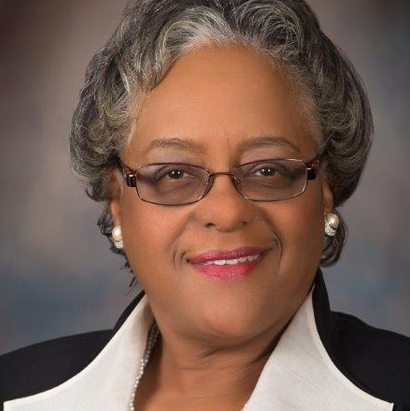Office of Diversity, Equity and Inclusion
Michigan State University College of Human Medicine is committed to promoting diversity and inclusion in education, research, outreach, clinical service, community service, and community collaborations in alignment with the college mission to educate exemplary physicians and scholars, to discover and disseminate new knowledge, to provide service at home and abroad, and to respond to the needs of the medically underserved.
The mission of the Office of Diversity, Equity and Inclusion is to provide high quality programs and services to promote outreach to the community, cultural diversity, inclusion and cultural competence for the students, faculty and staff of Michigan State University College of Human Medicine.
Diversity, Equity and Inclusion Policy
Associate Dean for Student Affairs
Senior Associate Dean for Diversity and Inclusion

Assistant Dean for Diversity and Cultural Initiatives
MSU College of Human Medicine

Goals
We work to advance diversity and inclusion as core strategic priorities in planning.
We aspire to become a recognized leader in diversity and inclusion in education, research, and service in medicine and the health professions.
We strive to create an inclusive learning and work environment that promotes the dignity and respect of our diverse student body, faculty, staff, patients and communities and that is also responsive to the needs and contributions of all persons.
We strive to be responsive to the changing needs of the communities that we serve and to enhance our communities by educating a culturally competent work force, providing culturally competent clinical care and promoting culturally responsive research.
Medical School Admissions Diversity Statement
In order to best meet the needs of an extremely diverse population of people from Michigan and beyond, Michigan State University College of Human Medicine’s admissions process uses a balanced and holistic approach that considers an applicant’s academic metrics, experiences and personal characteristics in an attempt to achieve the educational benefits of a diverse student body. It also recognizes that many applicants who are underrepresented in medicine come from geographic, socioeconomic and educational disadvantaged backgrounds, and that people from these backgrounds are more likely than others to eventually serve disadvantaged, underserved and marginalized populations. As such, our admissions selection approach also allows for consideration of disadvantaged status in the decision-making process.”

